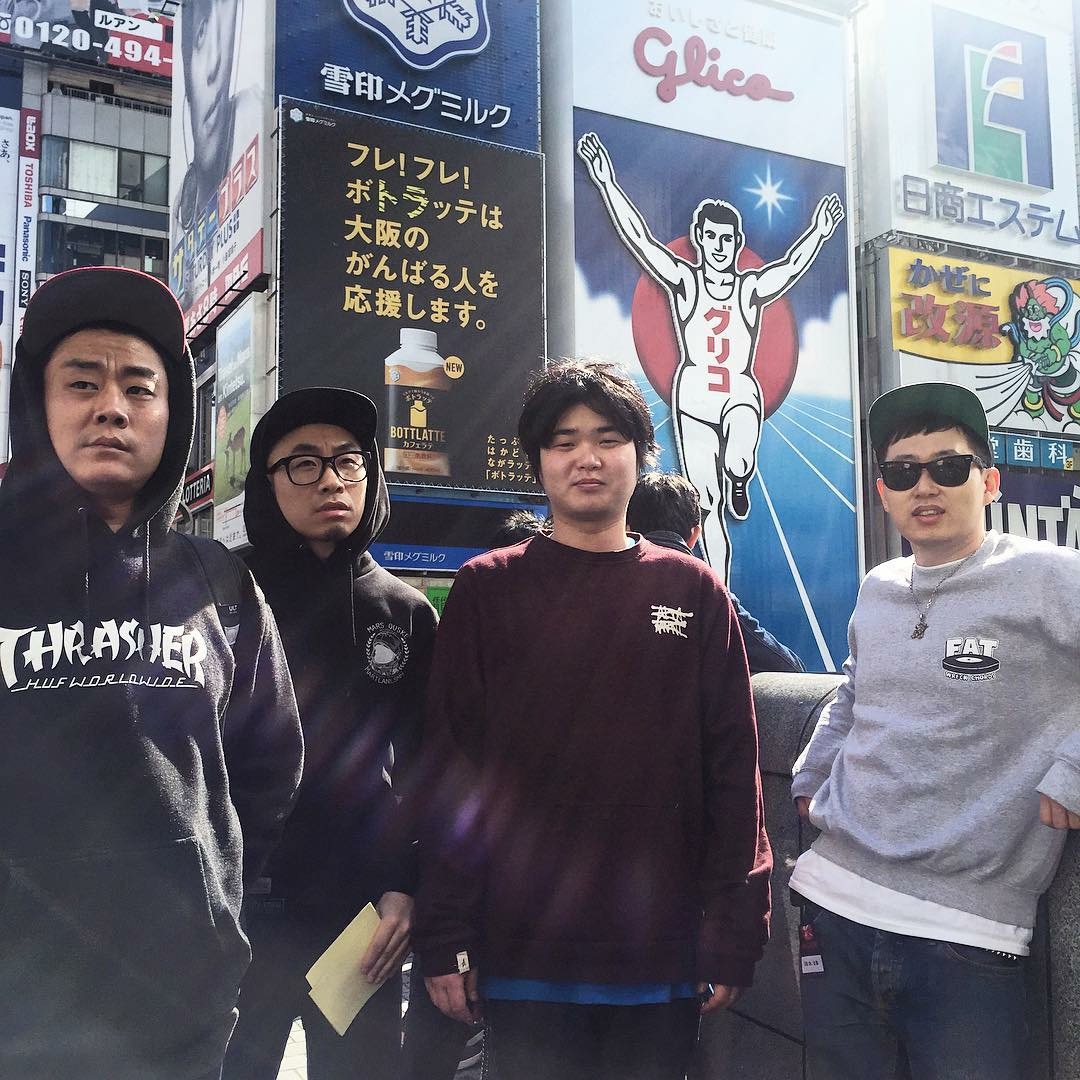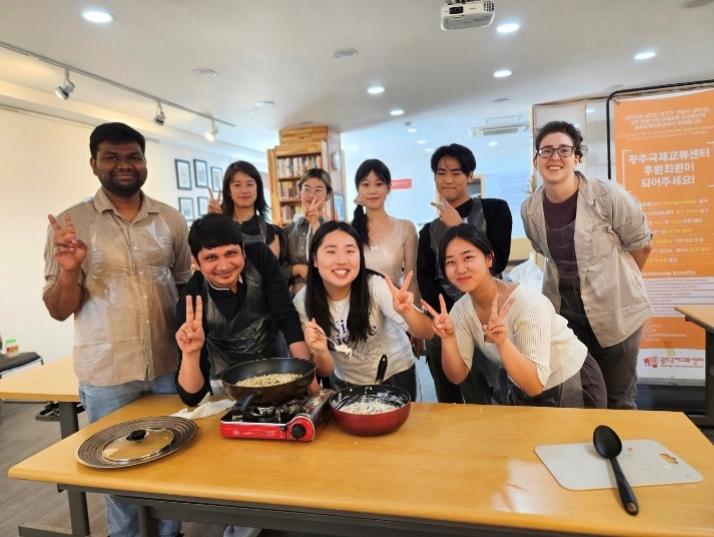Egypt, One Year On
By Gabriel Ward
Gwangju News recently met with Mahmoud Abdul Ghaffar, a man from Egypt and Professor of Arabic at Chosun University, to discuss the situation in Egypt and how things are going there since last year’s uprising, which saw Egypt’s president Hosni Mubarak resign. He also shares his thoughts on what the year 2012 holds for the country.
GN: One year ago we met amidst demonstrations in Tahrir Square. People were calling for the then-president Hosni Mubarak to step down after three decades of rule. He did in fact resign the day after we met. The generals who head Egypt’s military council assumed Mubarak’s power upon his resignation. They have repeatedly promised to hand over power to a civilian government in the past year but have postponed this action. What is the general feeling towards the military council in Egypt?
Mahmoud: The military council is not trusted in Egypt. Mubarak served on the military council before he became president; the two presidents before him were [also] on the military council. During the revolution last January and February, people had hope that the military council would side with the Egyptian people. This changed when they started tampering with the country’s constitution. Furthermore, they began fostering conflict between Egyptians, for example those of different religious beliefs. People believed that they were doing this to keep everyone divided, therefore making it easier for them to remain in power. Finally the head of the military council, Tantawe, said that the council would step down six months after they initially assumed Mubarak’s powers last year. They didn’t and this caused people to return to Tahrir Square in protest.
GN: It was announced this morning that presidential elections will be held in May of this year. If no presidential candidate receives fifty percent of the vote then there will be a run-off election between the two most popular candidates. The new president will be announced on 21st June. The military council will hand over power to the newly elected civilian government. Do you remain hopeful that the military council will finally relinquish power at this point?
M: Something has changed among the people of Egypt. They’re not afraid to talk anymore. I am hopeful because people understand what is going on. The military council has no excuses this time either. They can’t hold onto power if Egypt elects a new president. Right now the majority of people are keeping silent and remaining patient. They will run out of patience if the military council continues to hold on to power after June 21st.
GN: Why is the military council taking so long to step aside?
M: Mainly I think because they don’t want Mubarak to go to prison, and he will not go to prison while they are in power. It is believed that Mubarak has a lot of evidence against the generals on the council in relation to the huge salaries they have [received] over the last thirty years. Not only this but the large amounts of money that the military has been receiving from the Egyptian government, and also US aid, has been mysteriously disappearing. Mubarak will also likely have evidence of this. All this will not look good to the Egyptian people, who struggle to make ends meet, and have seen the cost of living skyrocket over time. Mubarak and some of the generals look like a gang.
GN: You said that the Egyptian people are no longer afraid to talk, and that they have more awareness about their situation. Has anything else changed in Egypt in the past year?
M: There is less corruption and bribery that goes on now. Before the revolution if you wanted a government official to do anything for you, such as sign a document, you had to pay them a lot of extra cash under the table, or they wouldn’t do it. That kind of culture has disappeared. The people of Egypt also feel more empowered. Before the revolution, no –one cared about society; everyone was just focused on their own life. Now if something unjust happens people take action, they care about each other.
GN: The Internet has played a crucial role in Egypt’s revolution. Facebook was instrumental in organizing the demonstrations in Tahrir Square last year. Do you think all this would have been possible before the advent of the internet and social media?
M: No, people could be easily isolated and talk of politics contained. With the Internet, people can communicate and organize themselves in a matter of minutes. More importantly, they can do it without being traced. We had mobile phones before the Internet but they could easily be traced. With the Internet, one can just go to an Internet café and then leave again. The computer can be located but not the person who used it, not easily anyway.
GN: People could be isolated? How?
M: During Mubarak’s reign, the police had the power to arrest people for no particular reason other than that they were meeting in a group. With computers people can communicate without physically meeting.
GN: The revolution last year called for Mubarak’s resignation and a new president to be put in place. What difference will this make?
M: It will make a huge difference because Mubarak had complete control of the country. The constitution is being re-written again before the president takes power in June. Under the new constitution, the president will have less power and regional governors will have more. The governors will also find themselves more accountable to their people and power will be more widely distributed, not just concentrated in the president.
GN: How will you know when the revolution has succeeded?
M: Obviously the revolution will have succeeded when a new democratically-elected president is put in place and a new constitution is established. But also, I will know the revolution will have succeeded when people can peacefully disagree. When two friends with different religions, or with different political affiliations, can disagree with each other and remain friends, then I will feel like the revolution has succeeded.




